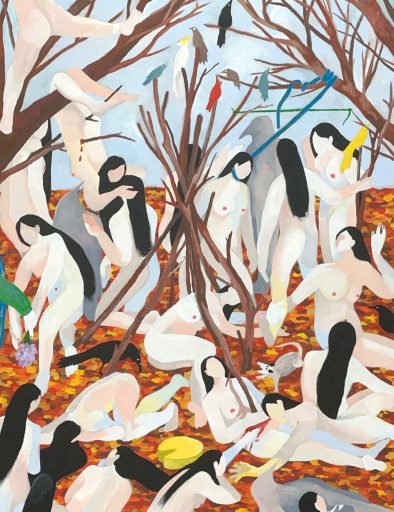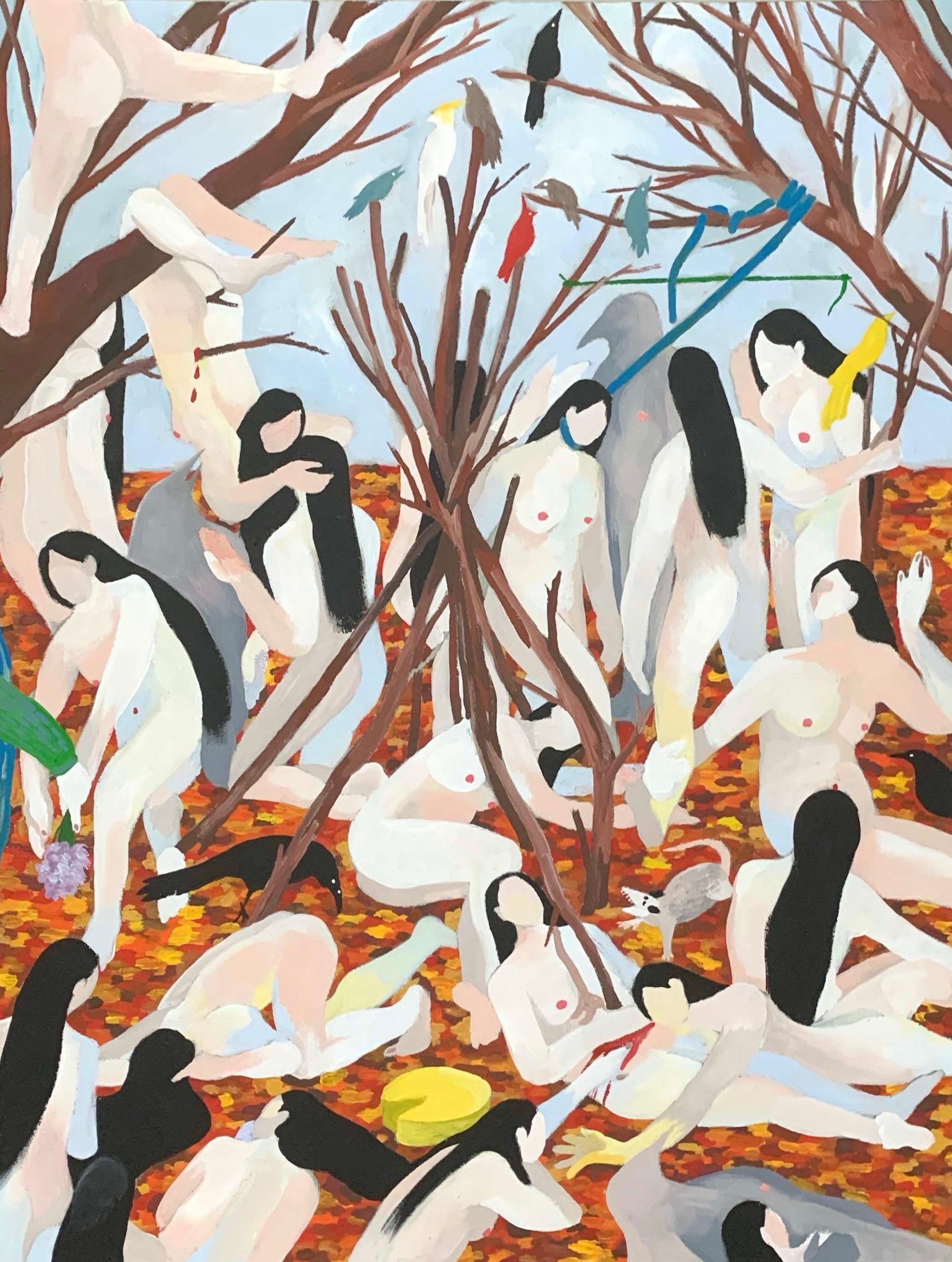
Sick Space: A Letter from the Editors
BY JIAE AZAD + ASHER KAPLAN
SPRING 2021
Dear reader,
There is no single, overarching account of life under pandemic conditions. As of this writing, the pandemic’s many overlapping zones of crisis and recovery continue to shift along boundaries largely determined by precedent geographies of exploitation and domination. In many places the pandemic’s abrupt onset appears to have accelerated and intensified the consequences of our global structure’s violent logic. However, we hope that the dramatic interventions this crisis has demanded can help expose how very possible a more just alternative could be.
We have been privileged to receive work reflecting a deep and varied engagement with the broad question of the relationship between sickness and the spaces inside and outside of our bodies. As the disciplines of public health and spatial planning continue to merge in unforeseen ways, we hope this collection of sixteen reflections, analyses, and speculations on the spatial consequences of sickness will offer some insight and stimulate conversations that help us all as practitioners, researchers, and people to achieve a more just future for the most marginalized among us.
Jiae Azad + Asher Kaplan, co-Editors-in-Chief 2020-2021
The Urban Review is a digital journal founded in 2018 by Master in Urban Planning students at the Harvard University Graduate School of Design. We collect and publish the work of planning, design, and architecture students on topics relevant to urban planning in a range of formats with an emphasis on critical engagement.
As students, we believe that we share a collective responsibility to engage in meaningful discussion about the fraught history of the urban planning profession and its most pressing issues today, including structural racism, income and wealth inequality, environmental justice, and the threat of climate change, among many others. We have found that these issues, many of which intersect, are not adequately addressed in our curriculum. In response, we offer an alternative space for progressive discourse on the history and future of our profession.
